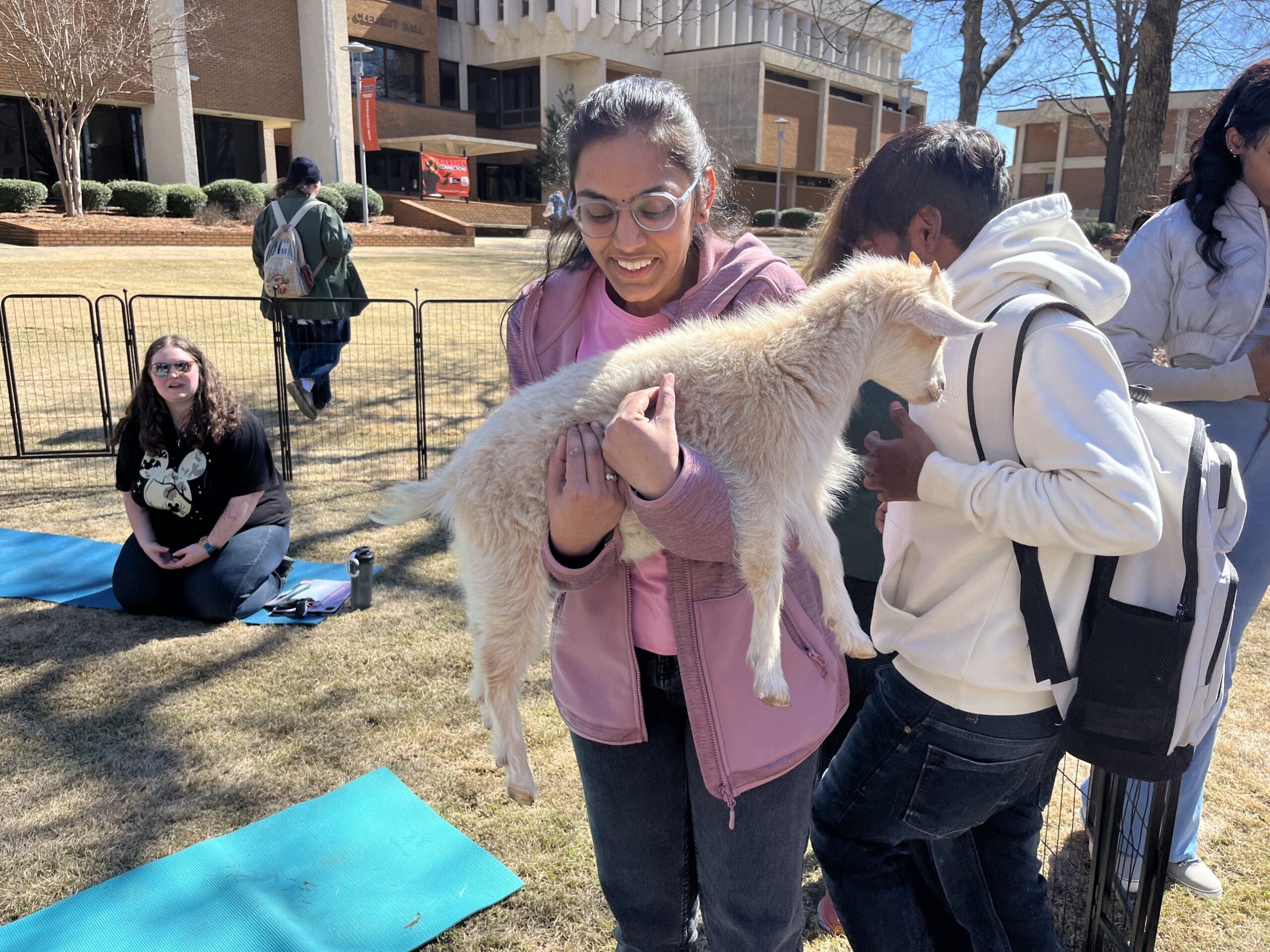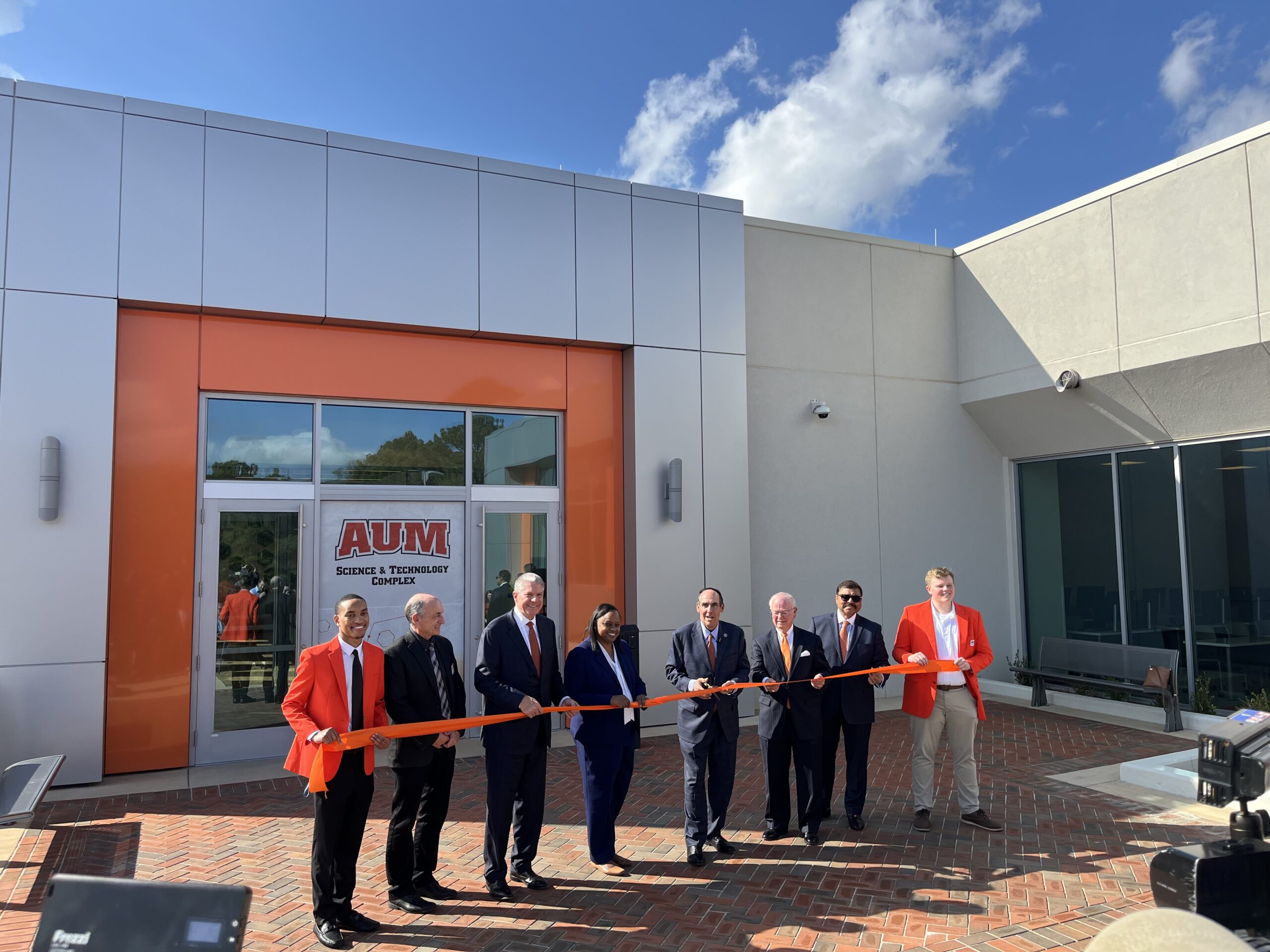By: Victoria Salters
MONTGOMERY, AL— Extending the cafeteria’s hours is one way our campus could be made better. Here at AUM students’ weekend meal options are currently restricted because the cafeteria is closed on weekends. This is a problem for an institution that prides itself on helping its student body. Because of how this issue affects AUM students and staff, the school should extend the cafe hours to seven days a week.
AUM lags behind other colleges and institutions across the country that understand how important it is to have their cafeterias open seven days a week. Similar-sized schools and larger universities have embraced this approach because they recognize that students’ nutritional needs don’t pause until the cafe opens back up on Monday morning. Finding the time to prepare meals or go off-campus isn’t always possible or affordable for many students, especially those who live on campus or have demanding job or school schedules as many AUM students do. Universities like the University of Alabama at Birmingham, Auburn University, and even smaller schools like Alabama State or Stillman College have implemented full-week dining services. They do this by rotating employees, changing the meals that are served on weekends, and providing affordable options like burgers and hot dogs.
By not providing weekend dining services, AUM doesn’t stand out in terms of student services and campus life. When prospective students compare schools, essentials like dining services are important, especially for students who don’t have cars. Many prospective students may choose schools with larger and more flexible dining options.
As a Resident Assistant I have witnessed how many international students struggle with adjusting to our cafeteria’s limitations. Many international students don’t have cars and rely solely on the cafeteria when they are housed in campus dorms like The North Commons. They often ask RA on duty where they can get food and water on the weekends. Due to the cafeteria’s current setup , these students have few options which increases the risk of food insecurity, a major issue in universities around the nation. According to Trellis Research, “Low-income, minoritized, first-generation and nontraditional students are more likely to be impacted by food insecurity and find barriers to access.” AUM is a minority serving institution which places our students at a higher risk of food insecurity. This problem could be significantly minimized by implementing a seven-day cafeteria schedule, which would guarantee that AUM students have frequent access to food. Additionally, not being able to get on-campus meals on the weekends might require students to rely on costly or unhealthy alternatives like the ones available in the C-Store available to on campus residents.
However, keeping the cafeteria open on weekends would require more resources, including labor, utilities, and food. AUM could manage this by offering limited services on weekends. Rather than running a full-scale cafeteria we could switch to buffet-style dining or reduced hours, focusing on high-demand meal periods such as lunch and dinner. This approach can significantly cut costs while still serving students.
Additionally, by extending cafeteria hours, AUM can actually increase its revenue. More students would be inclined to purchase larger meal plans if they knew they could rely on the cafeteria throughout the week. An increase in the price of campus meal plans would likely offset the extra costs associated with opening on weekends.
The cafeteria being open on the weekends would also create more on campus jobs for student workers. An average of 70 to 80 percent of full or part-time students are employed either on or off-campus.
Cafeterias also serve as an additional space that students can gather together. Campus events as well as casual lounging takes place in cafeteria’s and keeping the cafeteria open seven days a week allows for more opportunities for campus bonding to take place. An increase in opportunities to socialize will improve campus culture and allow for deeper connections to take place. According to the National Library of Medicine (NLM), “Peer connections and friendships often result in collaborative learning and the exchange of academic ideas, improving comprehension and retention of course materials, ultimately leading to higher GPAs.”
AUM would be enhancing campus life, investing in the necessities of its students, and strengthening its competitiveness with other universities that provide seven-day eating services if it kept the cafeteria open seven days a week. This shift comes with expenses, but they are significantly overshadowed in the long run by the financial and opportunity for community building. An extension of AUM’s commitment to celebrating and supporting its students would be extending the cafe hours.




